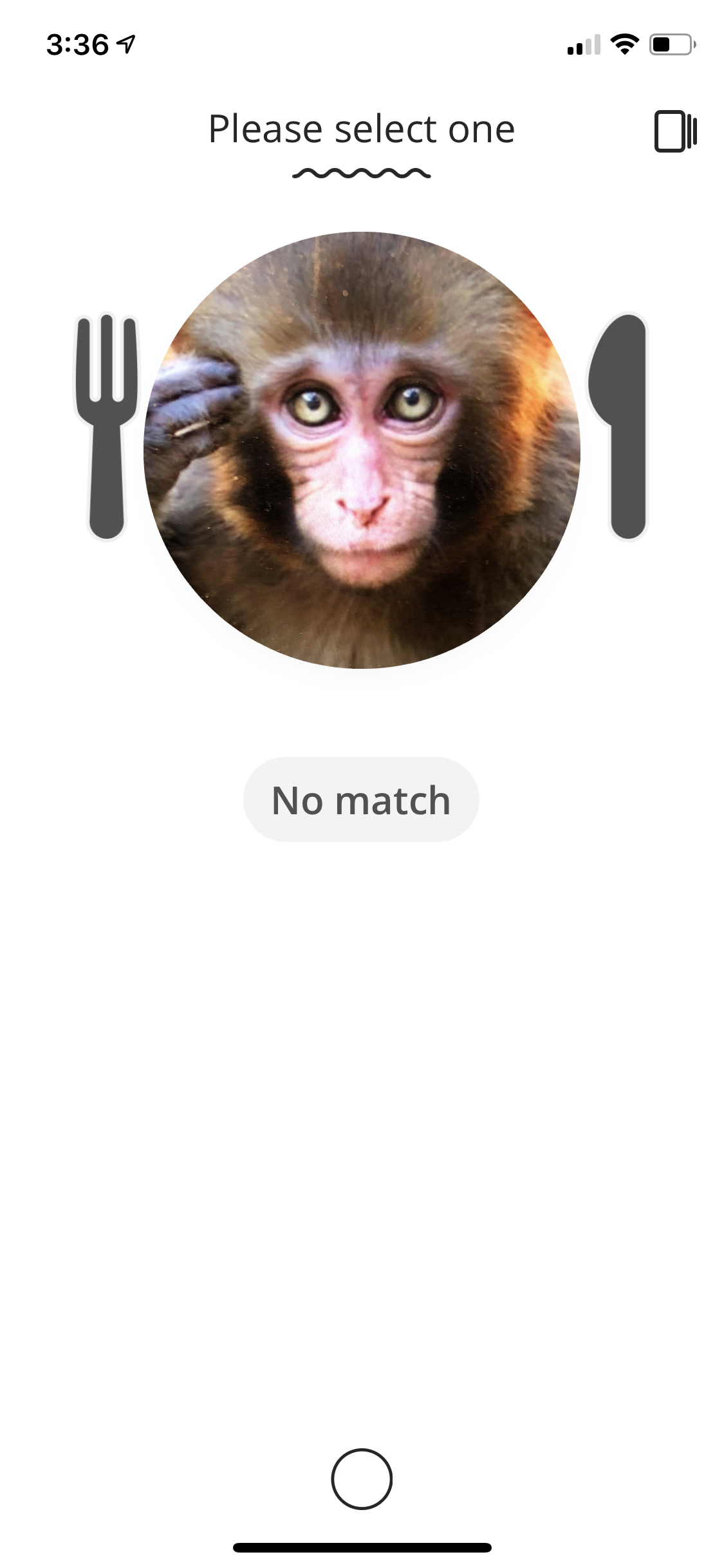Not hog dog? PixFood lets you shoot and identify food
What happens when you add AI to food? Surprisingly, you don’t get a hungry robot. Instead you get something like PixFood. PixFood lets you take pictures of food, identify available ingredients, and, at this stage, find out recipes you can make from your larder.
It is privately funded.
“There are tons of recipe apps out there, but all they give you is, well, recipes,” said Tonnesson. “On the other hand, PixFood has the ability to help users get the right recipe for them at that particular moment. There are apps that cover some of the mentioned, but it’s still an exhausting process – since you have to fill in a 50-question quiz so it can understand what you like.”
They launched in August and currently have 3,000 monthly active users from 10,000 downloads. They’re working on perfecting the system for their first users.

“PixFood is AI-driven food app with advanced photo recognition. The user experience is quite simple: it all starts with users taking a photo of any ingredient they would like to cook with, in the kitchen or in the supermarket,” said Tonnesson. “Why did we do it like this? Because it’s personalized. After you take a photo, the app instantly sends you tailored recipe suggestions! At first, they are more or le
ss the same for everyone, but as you continue using it, it starts to learn what you precisely like, by connecting patterns and taking into consideration different behaviors.”
In my rudimentary tests the AI worked acceptably well and did not encourage me to eat a monkey. While the app begs the obvious question – why not just type in “corn?” – it’s an interesting use of vision technology that is definitely a step in the right direction.
Tonnesson expects the AI to start connecting you with other players in the food space, allowing you to order corn (but not a monkey) from a number of providers.
“Users should also expect partnerships with restaurants, grocery, meal-kit, and other food delivery services will be part of the future experiences,” he said.
Powered by WPeMatico